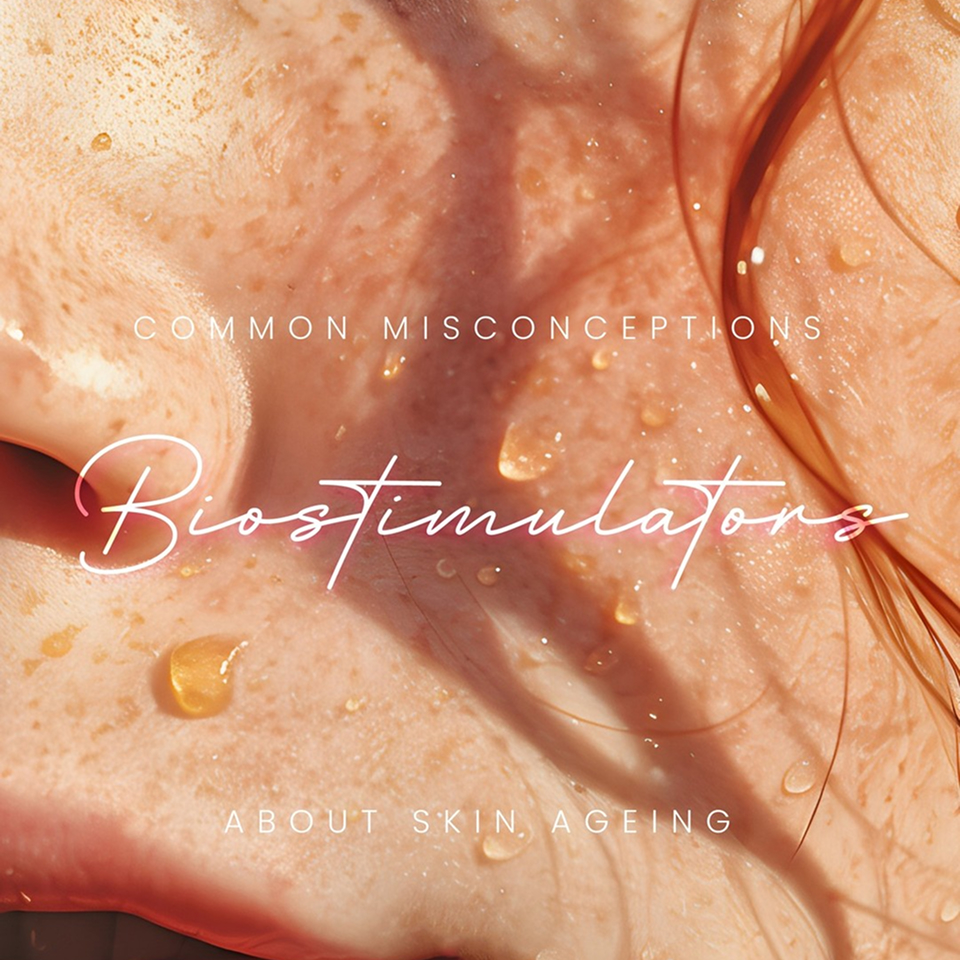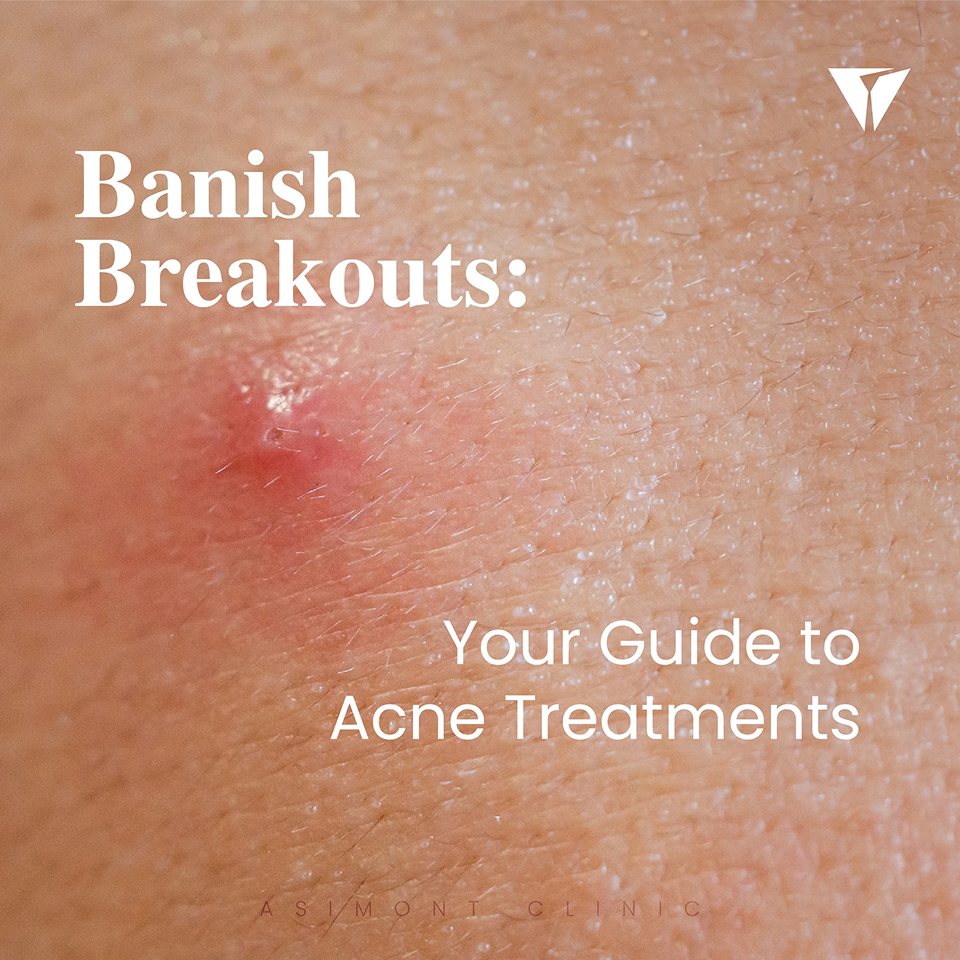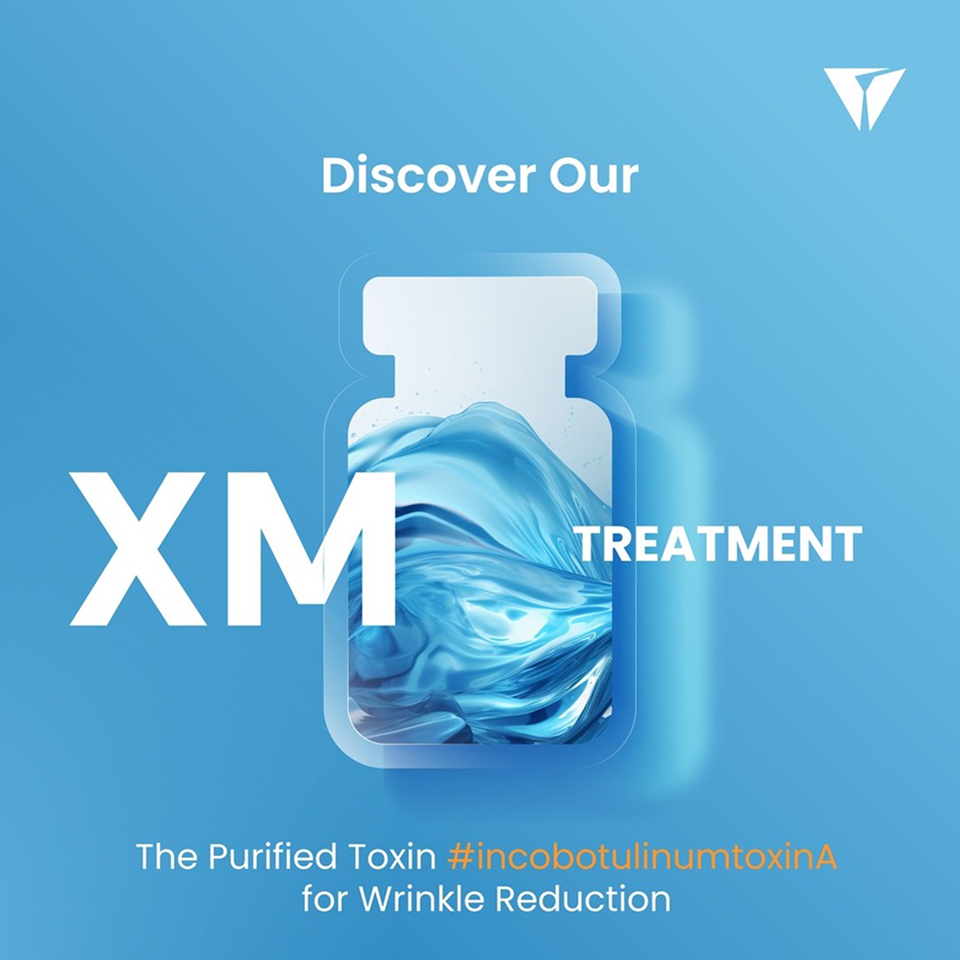Understanding the Role of HPV in Cervical Cancer Risk
What is HPV?
HPV (Human Papillomavirus) refers to a group of over 100 related viruses transmitted through intimate skin-to-skin contact.
Most HPV infections are harmless and resolve without treatment. However, certain high-risk strains—such as HPV types 16 and 18—are associated with cervical and other anogenital cancers.
• Low-risk strains (e.g., HPV 6, 11): May cause genital warts but are not cancerous
• High-risk strains (e.g., HPV 16, 18): Linked to cervical and other HPV-related cancers
Persistent infection with high-risk strains may result in abnormal cervical cell changes, which can progress without symptoms.

















